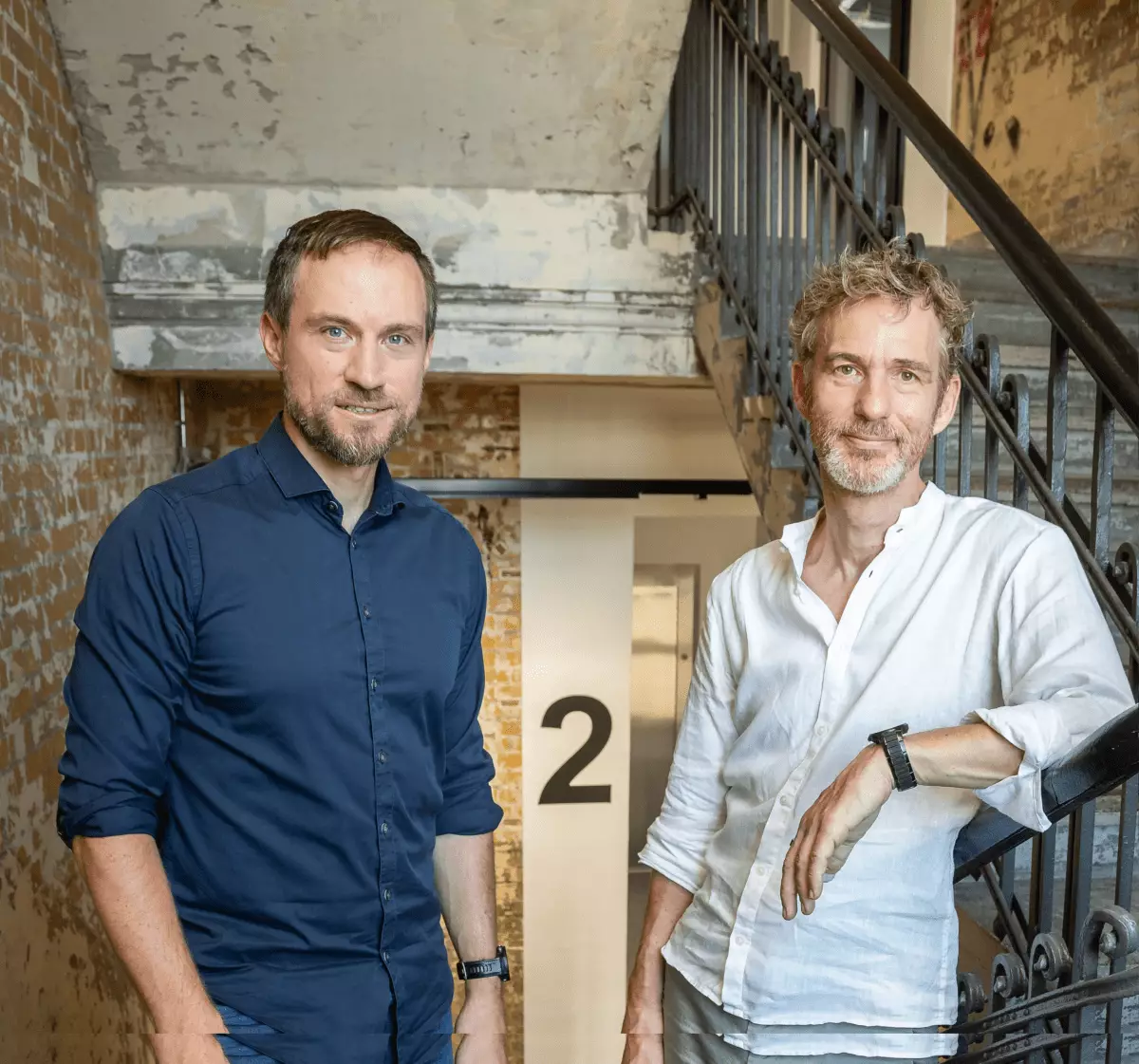In a significant turn of events for Babbel, the well-known Berlin-based language learning platform, Arne Schepker has decided to step down as CEO, paving the way for a return of co-founder Markus Witte to a leading role within the company. This transition signifies not just an internal reshuffle, but also Babbel’s strategic pivot towards integrating artificial intelligence (AI) into its educational framework. While Witte will temporarily take on the responsibilities of Executive Chairman and Managing Director, Schepker’s departure marks the end of nearly five years of his leadership, leaving behind a legacy characterized by remarkable growth and social impact.
Schepker, who initially joined Babbel as Chief Marketing Officer in 2015, has expressed his reasons for stepping away from the CEO position. He conveyed a sense of personal conflict regarding his level of commitment, emphasizing the necessity of complete dedication—the elusive 180 percent. Unsurprisingly, running a fast-growing company often demands more than just enthusiasm; it requires unwavering resolve and clarity of vision. Schepker’s reflections reveal the struggles many leaders face when trying to align personal aspirations with the high-stakes expectations that a role like CEO incurs.
During Schepker’s tenure, Babbel’s revenue surged sixfold, hitting approximately $300 million and expanding its team to nearly 1,000 employees. While these statistics are quite impressive, Schepker’s pride seems to stem not just from the metrics of success but also from Babbel’s humanitarian efforts. In particular, the company played a critical role in providing free language learning resources to students during the pandemic and aiding Ukrainian refugees. These contributions reflect a broader commitment to community, which transcends corporate profit.
Such altruistic efforts, although difficult to quantify in terms of return on investment (ROI), have undoubtedly added a layer of depth to the company’s identity. Schepker’s acknowledgment of these initiatives as an integral part of his legacy illustrates a growing awareness within businesses about their responsibilities beyond shareholder value. In today’s world, it is increasingly essential for companies to align their missions with social good, and Schepker appears to have been keenly aware of this need.
As Babbel thrusts itself into a new phase, Witte’s strategic vision sets a compelling groundwork for leveraging AI in language learning. Historically, Babbel distinguished itself from competitors like Duolingo by prioritizing the importance of teachers and curriculum designers—not just algorithms. However, the landscape of technology is evolving at an unprecedented pace, which necessitates a reevaluation of educational strategies.
Witte candidly acknowledged the challenges of formulating long-term strategies in a hyper-evolving technological environment. His admission that even seasoned specialists in machine learning are often uncertain about future developments underscores the unpredictable nature of innovation. This recognition compels Babbel to remain agile and responsive, redefining what strategic foresight looks like in a time when technology is capable of transformation overnight.
The partnership between advanced language models and Babbel’s longstanding expertise offers unprecedented possibilities for enhancing language acquisition. By merging these strengths—technology and pedagogical insight—Witte envisages a more personalized and effective learning journey for users. This reflects a fundamental shift in the company’s approach, moving from established educational methodologies to a more fluid, data-driven paradigm.
Witte’s emphasis on fostering “moments of delight” resonates strongly with an audience increasingly craving engagement and emotional resonance in educational experiences. This shift towards creating positive, enriching interactions within the platform reflects a broader trend in educational technology that values user experience as much as content delivery. As Babbel seeks to innovate, the focus should remain not only on utility but also on enjoyment, creating a holistic and rewarding learning atmosphere.
By being attuned to the emotional landscape of learners, Babbel could unlock new avenues of engagement that go beyond traditional educational metrics. In an age where people are inundated with choices, distinguishing themselves by intentionally curating moments of joy can transform the app from a tool for learning into a delightful companion on the user’s educational journey.
The leadership transition at Babbel underscores critical themes in the modern business landscape: the necessity for self-awareness in leadership, the interplay between technology and education, and the importance of creating emotional connections in learning. As Witte prepares to navigate this new chapter, he has the unique opportunity to guide Babbel into a future where AI and human-centered education converge. How this evolution unfolds will depend not merely on strategic foresight but also on embracing the humanity at the core of language learning. This thoughtful approach, combined with Witte’s unwavering commitment to delighting users, heralds an exciting new era for Babbel.

